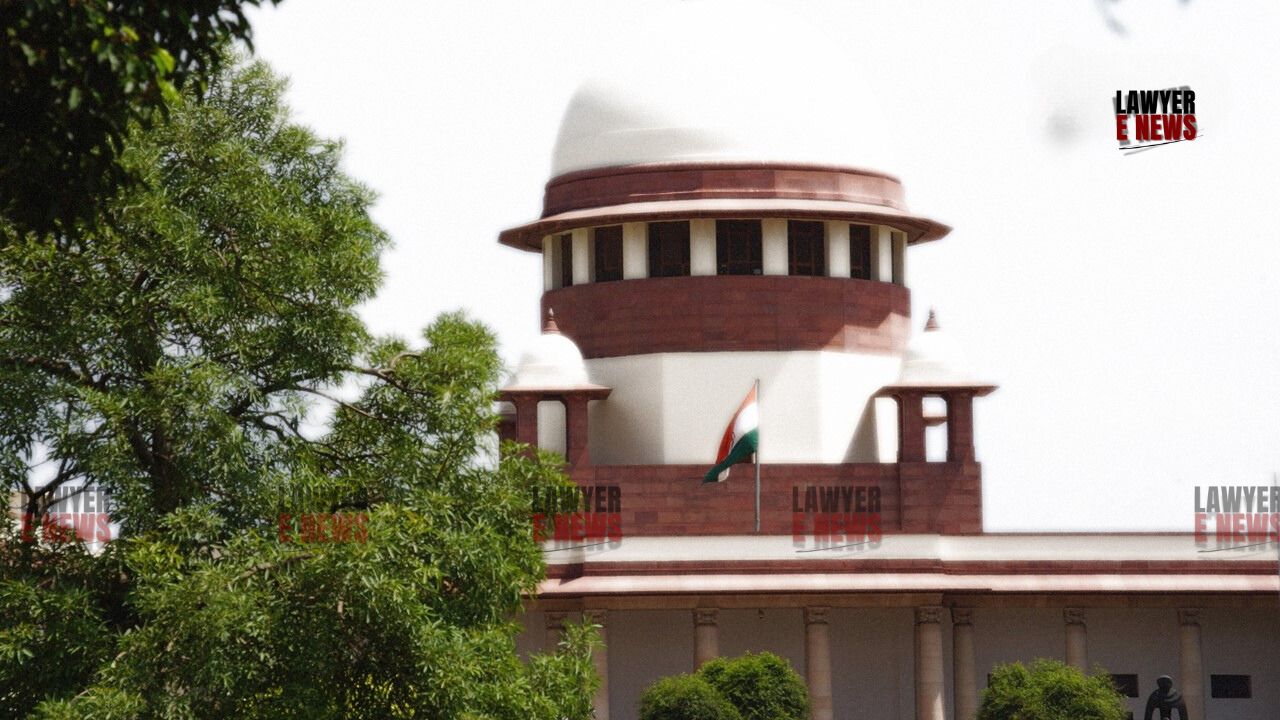-
by Admin
15 February 2026 5:35 AM



Union of India directed to address backlog vacancies for visually impaired under the PWD Act, ensuring justice after prolonged denial. In a landmark decision, the Supreme Court has directed the Union of India to appoint visually impaired candidates, including respondent Pankaj Kumar Srivastava, to backlog vacancies under the Persons with Disabilities (Equal Opportunities, Protection of Rights and Full Participation) Act, 1995. The judgment underscores the government's failure to implement disability reservations in civil services for over a decade, compelling the judiciary to step in to ensure justice.
The case revolves around Pankaj Kumar Srivastava, a 100% visually impaired candidate who appeared for the Civil Services Examination (CSE) in 2008. Despite clearing the examination and interview, Srivastava was denied appointment due to the non-implementation of the backlog vacancies mandated under the PWD Act, 1995. This led Srivastava to file multiple applications before the Central Administrative Tribunal (CAT) and subsequent legal battles up to the Supreme Court.
The Supreme Court, through the judgment delivered by Justice Abhay S. Oka, highlighted the egregious delay and systemic failure of the Union of India in implementing the PWD Act's provisions. The Court emphasized that the appellant's failure to reserve and fill vacancies for visually impaired candidates from 1996 to 2009 necessitated judicial intervention.
The Court criticized the Union of India for not issuing an exemption notification under Section 33 of the PWD Act, which could justify the exclusion of certain services from reservations for visually impaired candidates. In the absence of such notifications, the Court ruled that reservations must be applied retrospectively.
Justice Oka noted the clear legal provisions and the evident backlog vacancies, stating, "If the appellant had implemented the PWD Act, 1995, in its true letter and spirit, respondent no.1 would not have been forced to run from pillar to post to get justice."
The judgment extensively discussed Section 33, which mandates a minimum reservation of 3% for persons with disabilities in government jobs, and Section 36, which allows for interchange of vacancies among different categories of disabilities if suitable candidates are unavailable. The Court directed the Union of India to undertake a recalculation of backlog vacancies and consider the visually impaired candidates for these positions.
Justice Oka asserted, "Unfortunately, in this case, at all stages, the appellant has taken a stand which defeats the very object of enacting laws for the benefit of persons with disability."
The Supreme Court's decision is a significant step towards ensuring accountability and adherence to disability rights in India. By mandating the recalculation of backlog vacancies and directing appointments, the judgment sets a precedent for stringent enforcement of disability reservations. This decision not only provides relief to Pankaj Kumar Srivastava but also reinforces the legal framework protecting the rights of disabled individuals in public employment.
Date of Decision: July 08, 2024
Union of India vs. Pankaj Kumar Srivastava & Anr.
